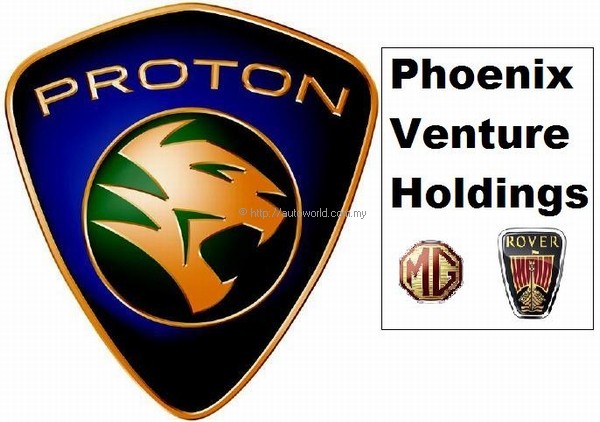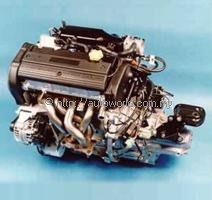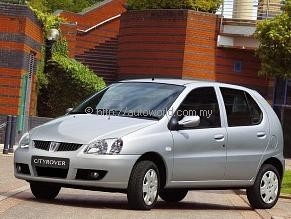Proton and Phoenix Venture Holdings Sign Letter of Intent
In the past few months, Proton CEO Tengku Tan Sri (Dr) Mahaleel has hinted at strategic tie-ups with some other parties as a preparatory move for the future. A number of names have been rumoured but nothing has ever been confirmed. Now at least one party can be identified and it is Phoenix Venture Holdings (PVH), the British company which bought over the Rover Group from BMW AG in 2000.
It was announced that Proton and PVH signed a Letter of Intent today “to pursue exploratory/feasibility studies concerning potential collaborations”. This is not the first time that Proton and Rover – more precisely, the MG Rover Group – have been rumoured to be talking but this time, Proton has informed the Malaysia Securities Exchange of the development.
PVH is an independent, medium-sized, British-owned company with 6,500 employees. Its headquarters is in Birmingham, at the core of the UK’s engineering and manufacturing heartlands, and besides owning the MG and Rover brands, it also owns Powertrain Limited (which was also purchased from BMW), which produces engines and transmissions for K series petrol engines for Rover, MG, Land Rover, Lotus, Caterham and many other companies. Ironically, Proton could well have been the one making the K series engines today as it had signed a MoU for the transfer of K series technology in 1995, but Proton decided not to go further after initial discussions.
The MG Rover Group is the largest unit in PVH and this company started its life with a debt-free net asset balance sheet valued at around £740 million and benefited from the fact that BMW had made around £3 billion of investments in the company.
From its factory in Longbridge, it produces the Rover 25, Rover 45, Rover 75 (in saloon and Tourer version); the sporty MG line-up of the MG ZR, MG ZS, MG ZT, MG ZT-T and TF; and also the MG TF which continues the MGF’s legacy by retaining Britain’s top-selling sportscar crown. Over 5 million Rover cars have been produced in the past 100 years and today, they are sold in some 70 countries around the world. As we reported two days ago, they will also be available in Malaysia soon, after an absence of about 6 years.
PVH would appear to be a good match for Proton as both companies are similar in a number of ways. Working together with Proton, both parties could pool technical and financial resources for joint product development which, on their own, they may find limitations as they are not big players even though they are established.
However, no details have been given of what exactly their collaboration will be. Given the recent news that another party is going to import Rovers to Malaysia, it would obviously not be for Proton to sell Rover models and would mostly likely involve the development of new models and technologies. The tie-up could also give Proton better access to the European market through MG Rover distribution and retail channels.
This is not the first tie-up which MG Rover has with another carmaker; last year, it signed a deal with Tata Motors for the supply of the Indica which Rover will sell under its own brand. The move gave Rover an additional model at the entry-level without having to incur the huge expense of R&D to develop its own model. Therefore it is not out of the question that models like the new Proton Gen.2 and others to come could also be re-badged as Rovers – which would then help Proton offset the expected decline in domestic sales.
The move to sell its models to other manufacturers is not surprising as it has been hinted at when Proton signed its deal with Iranian parties. Perodua is already doing it with Daihatsu where the Kancil is exported to Indonesia and sold as a Daihatsu model for the past couple of years.
Such a move to form a strategic partnership with a foreign carmaker has become more viable with the re-structuring of Proton (to be completed by April this year). Its various divisions will become individual operating units while, right at the top, Proton Holdings Berhad will still remain a company owned by the Malaysian government.



























